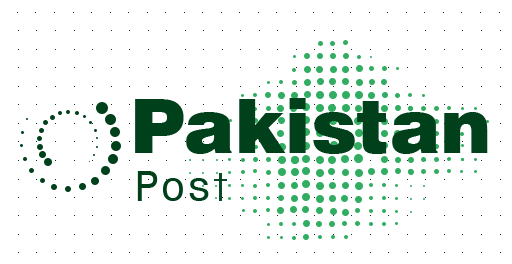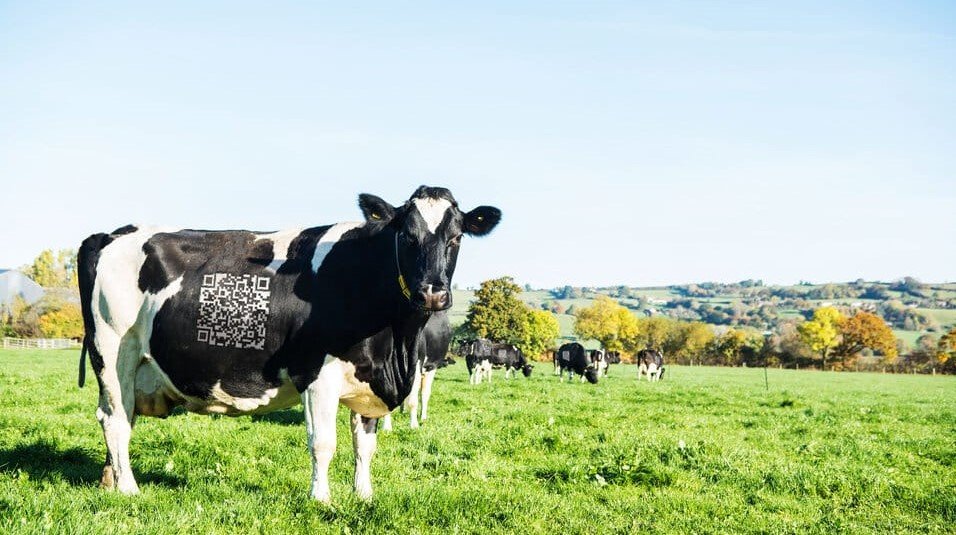The State Bank of Pakistan is poised to revolutionize the purchase of sacrificial animals during Eid al-Adha by introducing QR codes under the Raast instant payment service. This innovative move aims to simplify transactions and boost digital banking adoption.
During the 17th “Mobile Commerce 2024” conference, Deputy Director of the State Bank, Ahmed Sameer, announced the anticipated launch of the QR code system for the upcoming Eid. He explained:
“We are collaborating with 25 banks and have designated 50 major livestock markets to facilitate payments through QR codes, making it easier for the public to complete transactions.”
This project is a significant step for both livestock breeders and sellers, providing a secure and efficient payment method. It will support banks in managing transactions worth an estimated 550 to 600 billion rupees during the festive period.
The adoption of QR codes for payments expected to transform the traditional payment landscape, especially since the cost and complexity of installing point-of-sale (POS) machines have been a challenge. QR codes offer a more accessible and cost-effective alternative, particularly for small-scale traders who can now accept online payments without relying on cash.
Key Benefits of QR Codes for Purchasing Eid Animals
1. Ease of Use: QR codes streamline the payment process, making it more user-friendly for both buyers and sellers.
2. Cost-Effective: The implementation of QR codes eliminates the need for expensive POS systems.
3. Security: Digital transactions through QR codes enhance security, reducing the risks associated with carrying large amounts of cash.
4. Wider Reach: The system will be activated in 15 cities, including major urban centers like Karachi, Lahore, Islamabad, Rawalpindi, Faisalabad, and Hyderabad.
Yahya Khan, Chief Digital Banking Officer at Bank Alfalah Limited, highlighted the benefits of this initiative, noting that around 8 to 10 trillion rupees in cash are currently in circulation in Pakistan, a high ratio relative to GDP. By promoting digital transactions, the country can reduce its dependency on cash.
Additionally, the Finance Minister, Muhammad Aurangzeb, has recommended phasing out the 5000 rupee note to further encourage the shift towards digital payments.
Mohammad Humayun Sajjad, CEO of Mashreq Bank, emphasized that digital banks, with their lower operating costs and reduced need for physical branches, can offer better profit margins to depositors. This makes mobile financing more attractive and accessible to a broader segment of the population.
Conclusion
The introduction of QR codes to purchase Eid animals set to modernize the traditional livestock market, making it easier and safer for people to complete their transactions. This initiative is a crucial part of Pakistan’s broader strategy to enhance digital banking and reduce cash dependency. By leveraging QR codes, the State Bank of Pakistan is not only simplifying the payment process for Eid al-Adha but also paving the way for a more secure and efficient financial ecosystem.
Read Also: Karachi Ranked 918th Out of 1,000 Cities Globally in the Global Cities Index


